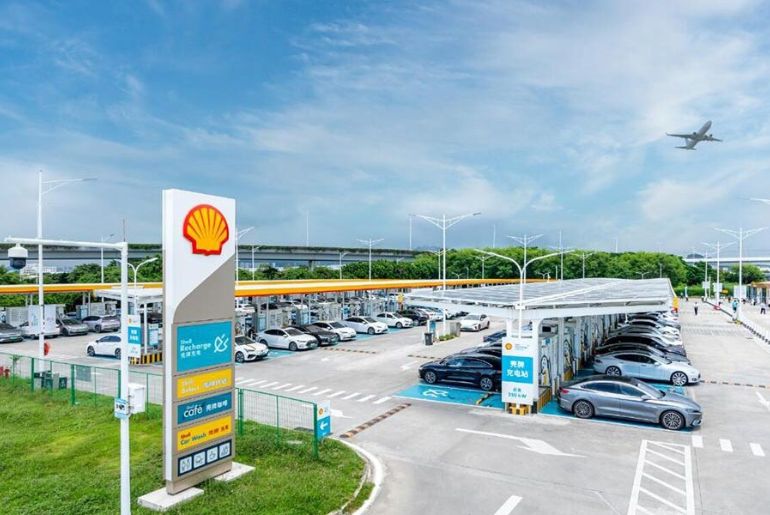Shell has launched a new integrated EV charging network aimed at accelerating the electrification of heavy-duty fleets across Europe. The network will combine Shell Recharge public sites, private depot chargers, semi-public depot points, and third-party charging locations into one unified platform.
The initiative is designed to support long-haul electric truck operators and fleets without depot charging capacity by offering access to both Shell’s public and roaming networks. The company has also promised “stable and reduced energy pricing” across the system, making fleet electrification more affordable.
Shell subsidiary SBRS will oversee depot-based charging, including hardware, software integration, and energy management solutions, while other charging segments will continue to operate independently. Participants contributing their own charging facilities will be able to generate additional revenue and lower energy costs.
German logistics company Contargo has already joined the project, with SBRS partnering on the development of its large private depot charging network. Contargo plans to deploy 90 electric trucks and 90 charging points by the end of 2025. “Fleet electrification only works when charging is integrated into daily operations,” said Kristin Kahl, Management Sustainable Solutions at Contargo, highlighting the importance of scalable infrastructure in reducing logistics emissions.
For fleet operators, Shell’s new platform promises a “turnkey solution” offering access to charging infrastructure, energy management tools, and tailored power solutions—allowing some operators to electrify without building their own depots.
Conrad Mummert, Head of SBRS at Shell, noted that the integrated network could lower the total cost of ownership for electric trucks by up to 25% through stable pricing, optimised charging, and monetisation of depot access during off-peak hours.
With this move, Shell strengthens its position as a key player in the transition to sustainable freight, aiming to simplify and accelerate the adoption of zero-emission heavy-duty vehicles across Europe.

